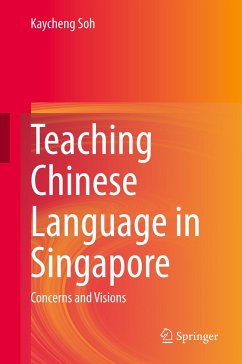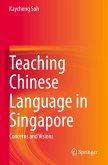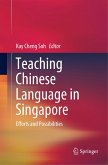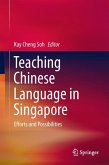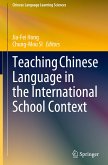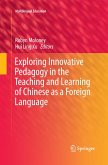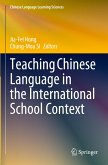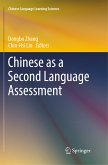This book addresses the problems and issues surrounding teaching Chinese as a second language in the Singapore context. It identifies four main areas of concern: (1) Neglect of culture in the teaching of Chinese; (2) Difficulty of learning Hanzi (Chinese characters); (3) Cognitive and affective aspects of Chinese language learning; and (4) Authenticity of the Chinese language in a global and Singapore context.
The book includes lesson design and instructional practices for re-prioritizing Chinese as a set of trainable skills, as well as teaching culture in the context of teaching the language. It also introduces the Chinese as a Second Language Readability Formula to help learners overcome their difficulties with learning Hanzi (Chinese characters), and the Attitude Toward Chinese Language Scale to help understand the various factors that can influence Chinese language learning. It also proposes a student-oriented model for conducting problem-based research, tapping into the disciplines of psycholinguistics and sociolinguistics.
Resolving or minimizing the issues identified here requires action at the macro level by Chinese language researchers on a national scale, and at the micro level by classroom teachers through action research.
The book includes lesson design and instructional practices for re-prioritizing Chinese as a set of trainable skills, as well as teaching culture in the context of teaching the language. It also introduces the Chinese as a Second Language Readability Formula to help learners overcome their difficulties with learning Hanzi (Chinese characters), and the Attitude Toward Chinese Language Scale to help understand the various factors that can influence Chinese language learning. It also proposes a student-oriented model for conducting problem-based research, tapping into the disciplines of psycholinguistics and sociolinguistics.
Resolving or minimizing the issues identified here requires action at the macro level by Chinese language researchers on a national scale, and at the micro level by classroom teachers through action research.

